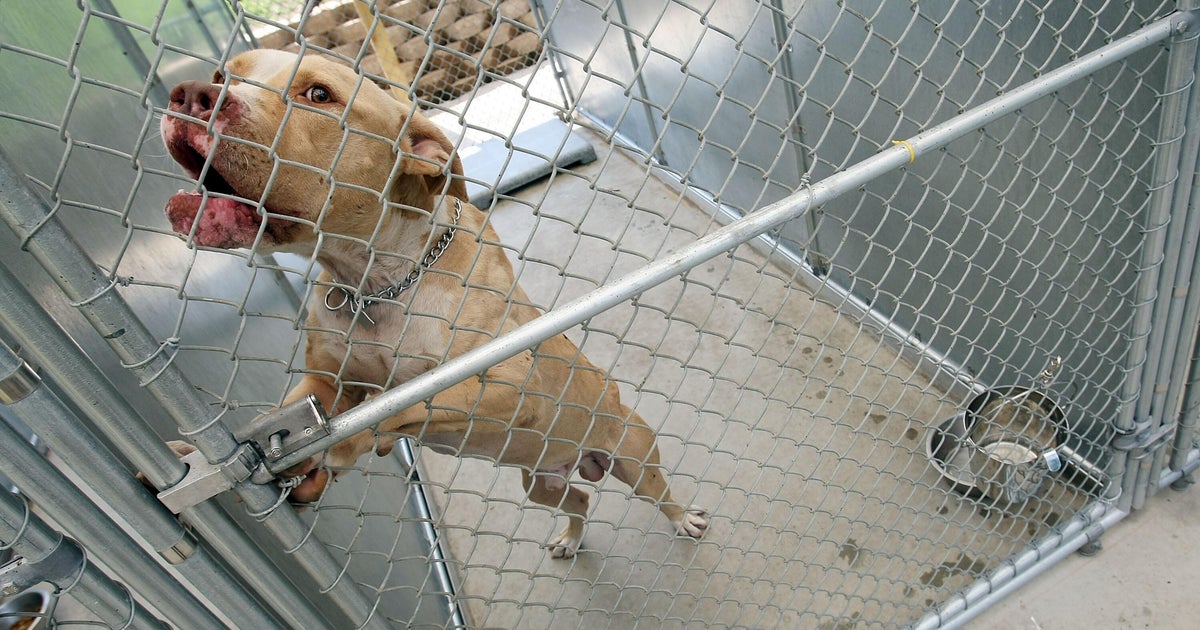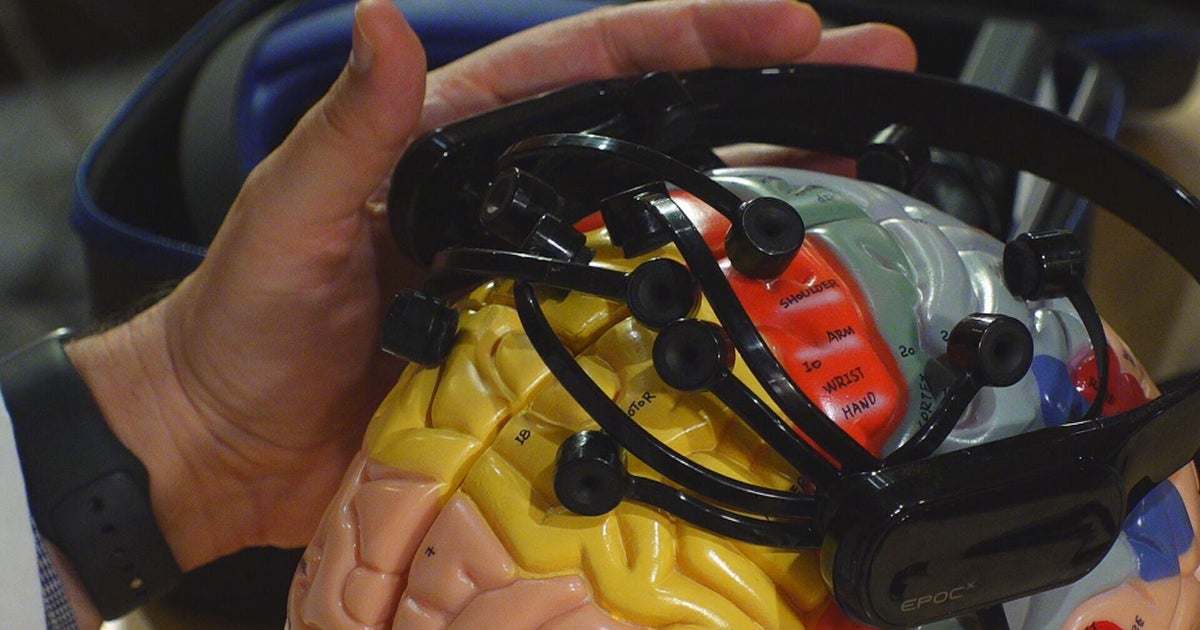New Workplace Lactation Standards Approved, But Room Requirements Vetoed
SACRAMENTO (CBS13) – New workplace lactation standards for breastfeeding mothers will become law in California; however, the size of the room and what's required in the room did not get signed into law.
Governor Brown signed Assembly Bill 1976, but vetoed Senate Bill 937, stating, "I have already signed AB 1976 which furthers the state's ongoing efforts to support working mothers and their families. Therefore, this bill is not necessary."
The bills had some similarities and some major differences.
Both bills require employers to make efforts to provide the employee with a private area to express milk in close proximity to their workspace that is not a bathroom. California law only stipulated that area can not be a toilet stall, while federal law states it can not be a bathroom.
California and federal law already requires employers to give nursing mothers a reasonable amount of break time to express milk. It also requires employers to make efforts to provide the employee with a private area to express milk.
SEE: Police Officer Breastfeeds Neglected Baby, Photo Goes Viral
AB 1976 allows employers to offer a temporary lactation location if they can not create a permanent space. The temporary location would need to be private and free from intrusion while an employee expresses milk, as well as only be used for lactation purposes while an employee expresses milk.
Senate Bill 937 would have required employers to provide a lactation room measuring at least 50 feet, along with access to a refrigerator and a sink with running water. The room would also not have been allowed to be in a bathroom and would also needed to have a door that locks on the inside, a permanent sign, a place to sit, be free of toxic or hazardous materials, and contain at least one electrical outlet.
SB 937 also would have required buildings measuring 15,000-square feet and built after January 1, 2019 to have designated lactation rooms- with the amount of rooms based on the amount of employees.
READ ALSO: Breastfeeding Mom's Reply Goes Viral After Being Told To 'Cover Up'
The American Academy of Pediatrics recommends moms nurse their infants exclusively for the first six months. According to the California Department of Public Health, 94% of moms began breastfeeding in 2016; however, only 24.8% were exclusively breastfeeding at six months.
The Surgeon General issued a Call to Action report in 2011. It included research on the benefits of breastfeeding for babies: protection from illnesses and infections, less likely to develop asthma, less likely to become obese; and for mothers: decreased risk of breast and ovarian cancers.
The bill's authors, Senators Wiener and Leyva, cited California Department of Public Health statistics saying only 52% of nursing parents have workplace breastfeeding support. They further said nursing parents provided time and space to express milk are two times as likely to exclusively breastfeed for the recommended six months.
San Francisco passed the first-in-the-nation Lactation in the Workplace Ordinance in 2017 requiring employers to provide lactation breaks and a lactation location. The ordinance also defines minimum standards for lactation spaces and outlines best practices.
The federal law was passed in 2010, as part of the Affordable Care Act. Employers are required to provide "a reasonable break time for an employee to express breast milk for her nursing child for 1 year after the child's birth each time such employee has need to express the milk;" and "a place, other than a bathroom, that is shielded from view and free from intrusion from coworkers and the public, which may be used by an employee to express breast milk."







